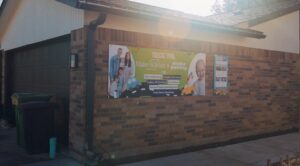 Asphalt Sealcoating: Preparation Is Key! Whether painting the trim on a home’s exterior or refinishing an oak desk, the success of the project depends largely on the care taken to prepare the surface. The same is true when you have asphalt pavement sealcoated. If your contractor is not willing to spend the time and effort to properly prepare the pavement before applying the sealant, the results will be less attractive as well as less durable.
Asphalt Sealcoating: Preparation Is Key! Whether painting the trim on a home’s exterior or refinishing an oak desk, the success of the project depends largely on the care taken to prepare the surface. The same is true when you have asphalt pavement sealcoated. If your contractor is not willing to spend the time and effort to properly prepare the pavement before applying the sealant, the results will be less attractive as well as less durable.
Asphalt Sealcoating: Preparation Is Key – Erect Barricades
The area in which the contractor’s crew will be working should be blocked off before work begins. The size of the work area and the volume of nearby traffic will dictate the type of obstacles that the contractor will deploy. In some instances, traffic cones may be all that is necessary, but the contractor may also use signs, barricades or tape to ensure that drivers and pedestrians realize that the area is closed. Obstacles are erected to ensure the safety of the contractor’s crew as well as the safety of your employees, customers or visitors.
Make Repairs
Sealcoating should not be applied until cracks, potholes and other damages have been repaired. If the pavement has suffered alligator cracking, the damaged area may need to be removed, the foundation repaired and new pavement installed. Cracks will need to be cleaned and filled. The repair technique required for potholes depends on the size and depth of the hole as well as the condition of the surrounding pavement, but they can typically be patched. If there is any vegetation growing in the cracks or potholes, it must be removed prior to the repairs. Depressions in the pavement that allow water to collect may need to be corrected through milling or patching.
Clean Leaked Automotive Fluid
Oil, gasoline and other automotive fluids need to be cleaned or they will interfere with the quality of the job by weakening the cohesive bond between the pavement and the sealant. Your contractor may need to scrape the stained areas to remove these petroleum-based fluids. It may also be necessary to apply a primer prior to sealcoating.
Clean the Entire Pavement Thoroughly
Your contractor may power wash your pavement or use an air broom or a wire brush to ensure that the pavement is thoroughly cleaned. There may be areas in which dirt has accumulated and become practically glued to the surface, especially around the edges of the pavement. Loose pavement should be removed as part of the cleaning process.
Ensure the Pavement Is Dry
The pavement should be completely dry before the sealant is applied. If water was used to clean the pavement, your contractor may use a broom to distribute the water over a larger area to expedite the drying process. Keep in mind that your contractor will not apply seal coating while it is raining or if rain is imminent.
Final Steps
Your contractor should leave your site clean. Barricades, safety tape or cones should be picked up before your pavement is reopened unless you have made other arrangements with your contractor. He should also have advised you on the time you can allow traffic to have access to your pavement.
Work With a Reputable Contractor
Of all the elements that go into a great sealcoating job, your contractor is the most critical. Reputable contractors will make sure that the preparation is handled, the ingredients selected are right for your needs and the area is kept safe. At Alpha Paving, we have the expertise needed to ensure superior results. In the state of Texas, we are the leading sealcoating contractor in terms of gallons applied annually. We also offer an extensive range of other services, including asphalt repairs, pavement markings and asphalt striping, milling, road construction, asphalt paving and concrete work. Our clients include major retailers, subdivisions, municipalities, hotels, shopping malls, airports, restaurants, churches, schools, office parks and manufacturing facilities. We are committed to delivering exceptional work at competitive rates. If you would like a free quote on your next project, submit the online form or call (512) 677-9001.




